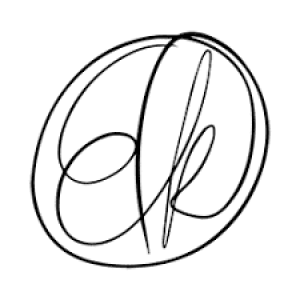
What are you wearing? What are you watching? Where does that fall on the political and branding spectrum? We’re literally under the microscope for everything we consume and share. The dangerous part of this is that our actions are incredibly nuanced and at times rooted in personal experience and perspective. The methods with which we “define ourselves,” often through the lens of social media, lacks the necessary context to allow us, as incredibly complex individuals, to be understood.
In an ideal landscape, we wouldn’t be so strictly defined by outward and visible choices in the form of what we consume and what we share. But the reality is that we don’t have a lot of choices. The world is full of noise, and viewing outcomes in terms of binary decisions expedites the process. It’s to nobody’s advantage in the long term, but it becomes the method of choice when faced with mountains of interactions and decisions to be made.
Just recently, I’ve found myself in situations where I’ve needed to defend certain positions (namely in the books I was reading). I was taken aback, but it was a stern reminder that your reasons and interests behind something can be easily misconstrued. Over a drink, I encountered some uncomfortable body language just by telling them I was reading controversial author and psychologist Jordan Peterson’s 12 Rules for Life.
In another instance, a friend commented on my lack of diversity in my reading list, citing a substantial weighting towards white, male authors. In both instances, neither occurred to me as problematic. The Peterson book was out of personal interest to understand why so many people had raved over the book which has gone on to sell over 3 million copies as of January 2019. Perhaps we’re at a time when self-help is at an all-time high? I knew there was a level of controversy that surrounded the work of Peterson, but I was interested in experiencing it for myself before coming to a conclusion.
Likewise, I’ve generally deferred to topics of interests versus individual authors. Yet from the perspective of a friend, this wasn’t good enough, and that finding other authors on those same topics were critical to gain a better understanding. A variety of authors meant different points-of-view. My macro approach to content rarely ever ends up with an author, and this opinion left me particularly baffled but also curious to understand empathizing with others versus my own stance.
The goal isn’t to be swayed by the opinions and lines of questioning from others at first appearance. We all typically have a perspective or a line of reasoning over our decisions, but challenges from the outside serve as an unexpected tool in helping us figure out who we are and where we stand. Our experiences, how we see the world, and the alignment of many factors culminate in what we do. We can’t change that, nor do we want to. The difficulties lie not in having a position but understanding whether you have the plasticity to change your mind if a better idea comes along.
Signing off for the month,

Eugene Kan
Editor-in-Chief
























